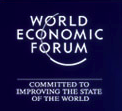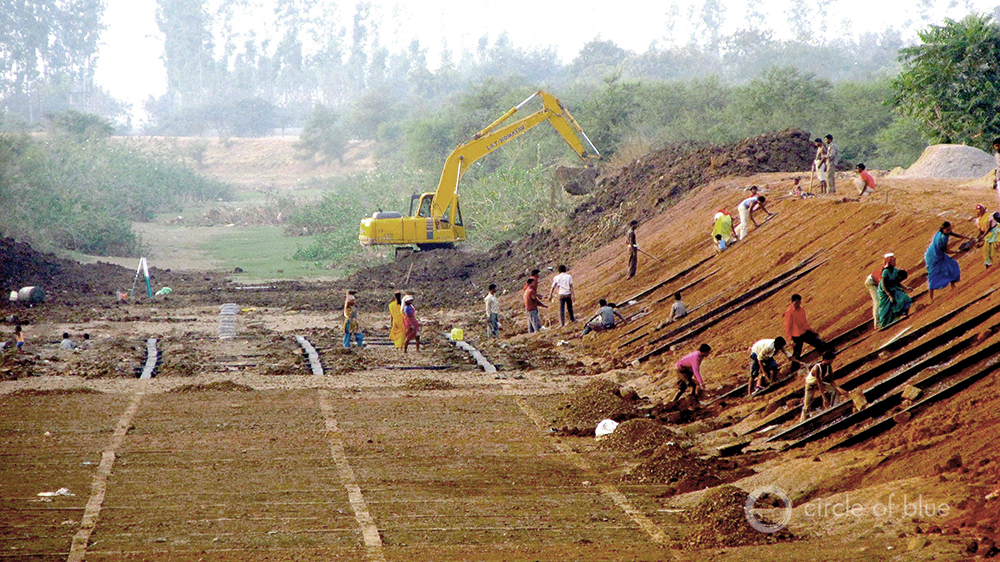World Economic Forum: A big week for water?
The annual World Economic Forum kicks off Wednesday in Davos, and already there’s a buzz building about this year’s emerging focus on the global freshwater crisis. The Forum hosts seven sessions on water, from market mechanisms for pricing to the tragic health consequences of poor sanitation and dirty water. (Note: I’ll be reporting all week from Davos.)
In a prelude to the Forum, Klaus Schwab, its chairman, and Peter Brabeck-Letmathe, chairman of Nestle, today published a compelling op-ed argument for rapid response and a call for “an unprecedented, high-impact public-private coalition to find ways to manage our future water needs before the crisis hits.”
(See the full op-ed below.)
It will be interesting to monitor the outcomes. As my friend and colleague Peter Gleick notes, we can solve many of today’s water problems. “We know how,” he says. “It’s just not clear that we’re going to make the commitment.”
Will this be a week of commitments? Schwab and his colleagues seem determined to take the discussions to a higher level than before. Stay tuned.
Water sessions at the forum this year include:
Time is Running Out for Water
Nearly one-third of the world’s population is expected to be living in regions facing severe water scarcity by 2025. What should be done now to ensure that water scarcity does not become a source of international conflict and human misery?
The True Value of Water
Water demand has more than tripled over the last half century, but its management appears immune to traditional market mechanisms. What is the most effective way to allocate water between industry,
Who is Managing Your Supply of Water
40% of Fortune 1,000 companies agree that the impact of a water shortage would be severe, but only 17% admit to being prepared for such a crisis. How should firms approach their future operations to ensure that they are not affected by water degradation, scarcity, storms or flooding?
Water – Are We Being Bio-Foolish
Securing a Watertight Future
Rapid urbanization, industrialization, changing diets and climate change are aggravating the effects of our unsustainable water use. For many businesses, significant disruptions are already caused by water insecurity. What innovative strategies can help us manage the need for water more effectively?
Death, Disease and Dirty Water
There is a well-established link between dirty water and disease. The effects of climate change and natural resource degradation on local ecosystems are further shaping the patterns of waterborne infectious disease. What is the emerging scientific consensus on the challenges ahead? What technologies and innovations can business provide to help support public health programmes?
Welcom
There will be a special Welcom session for participants to share their talents and creativity in solving the crisis, with a focus on the roles of journalism, design and communications. More on this later. (Disclosure: I’ve been involved in visioning and organizing this session.)
====
J. Carl Ganter is co-founder and managing director of Circle of Blue. He is a journalist and photojournalist, recipient of the Rockefeller Foundation Centennial Innovation Award, and an Explorers Club Fellow.









Leave a Reply
Want to join the discussion?Feel free to contribute!